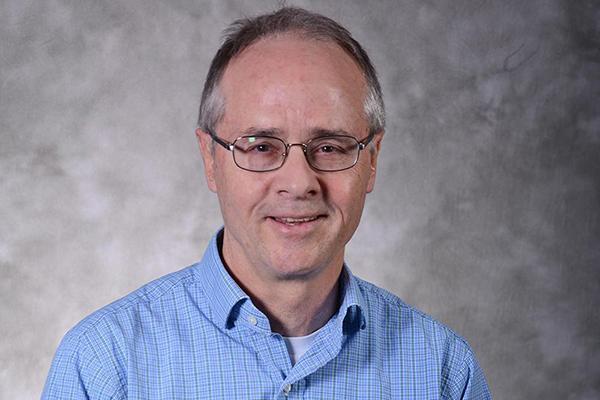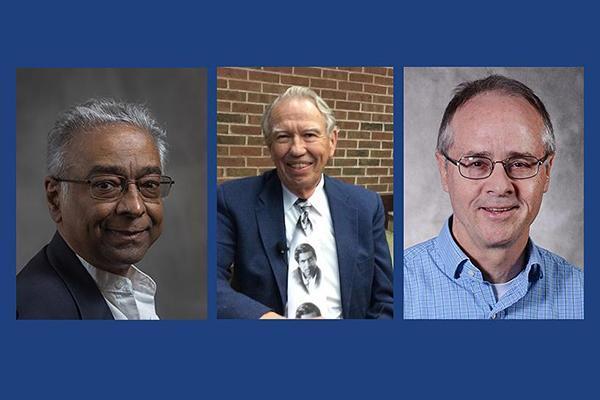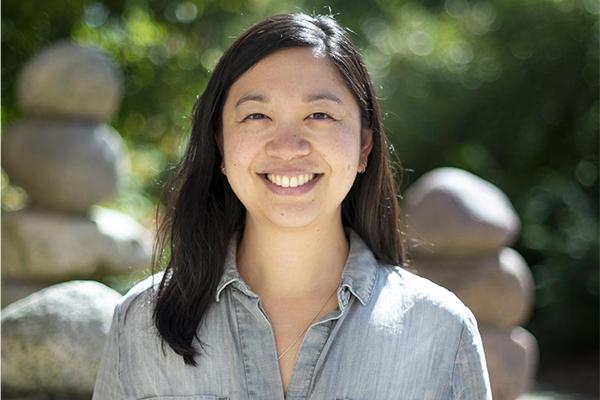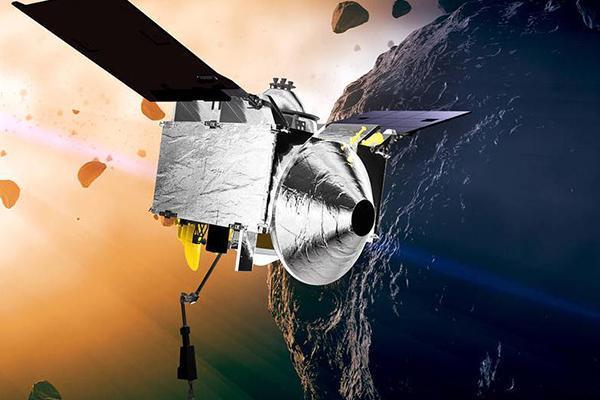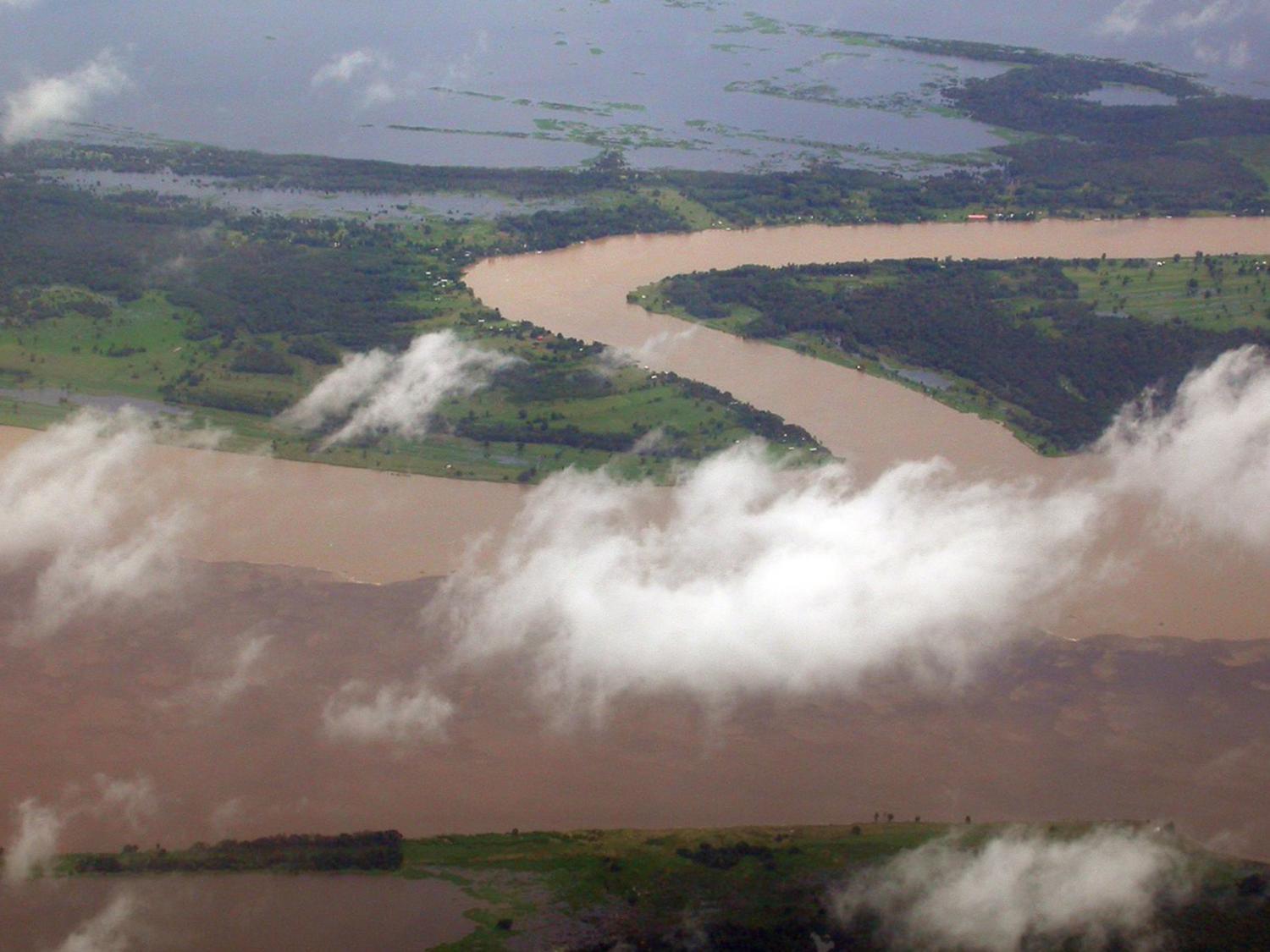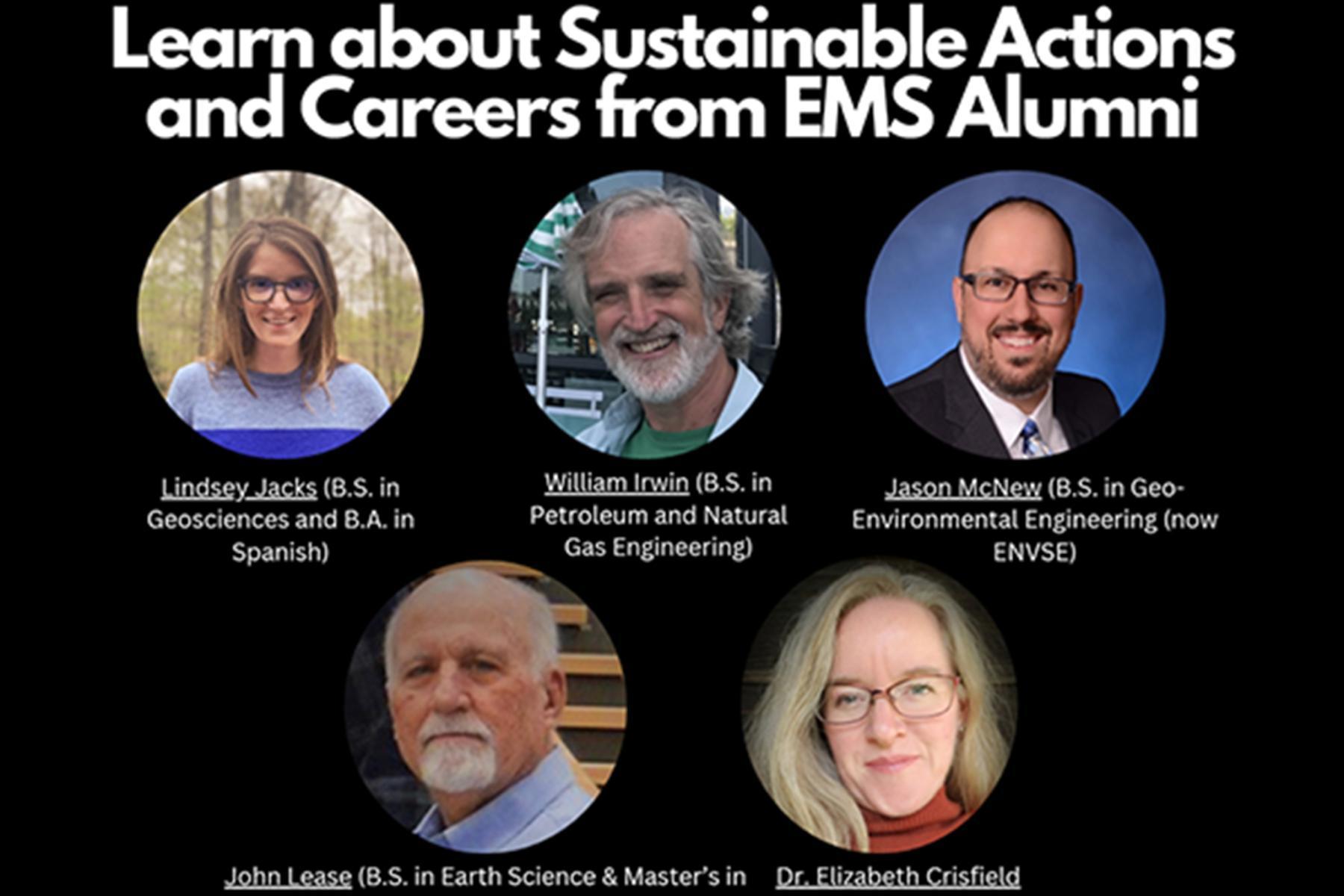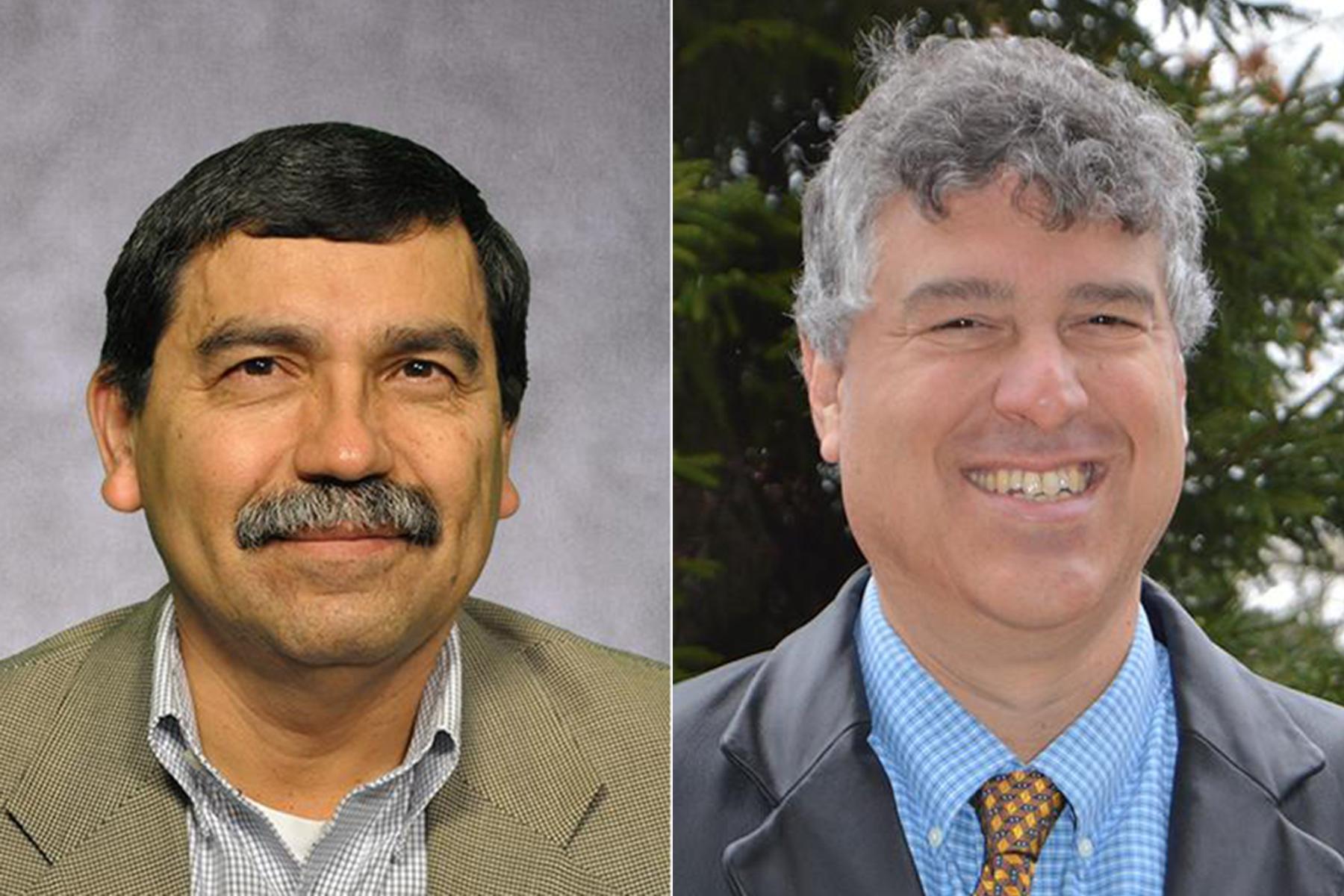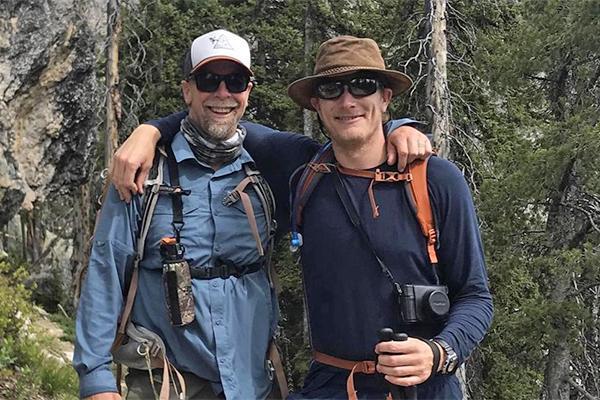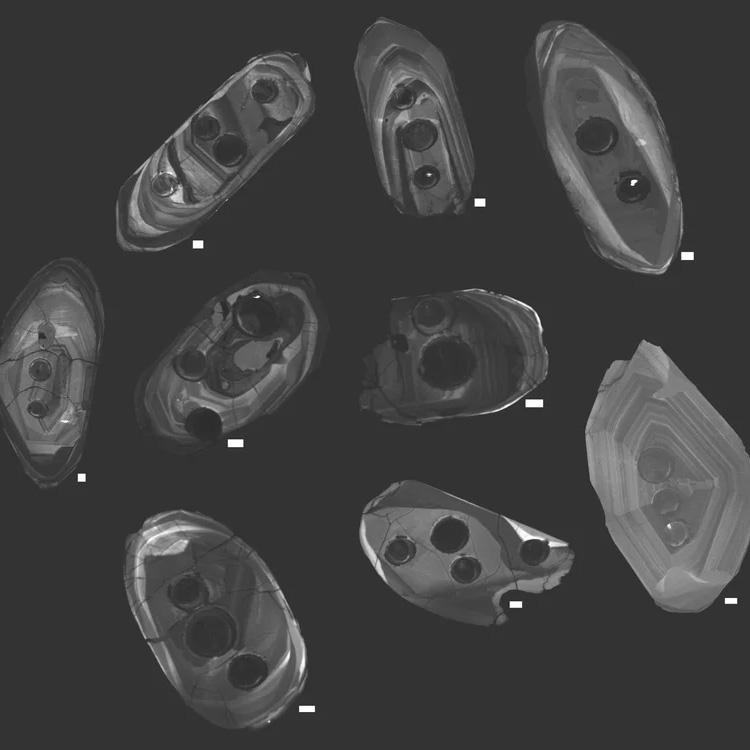James Kasting, Evan Pugh University Professor Emeritus of Geosciences at Penn State, has been named an Atherton Professor, one of three emeritus professors to receive the new title.
Penn State has recognized three faculty members as Atherton Professors, a new distinction created by the University to recognize the continuing high level of scholarly or creative activity Evan Pugh University Professors may pursue after their retirement.
Kimberly Lau, assistant professor in Penn State’s Department of Geosciences and an associate in the Earth and Environmental Systems Institute, was recently selected to receive a 2023 Sloan Research Fellowship. Awarded since 1955 to the brightest young scientists across the United States and Canada, the two-year Sloan Fellowships are one of the most competitive and prestigious awards available to early-career researchers.
Katherine Freeman, Evan Pugh University Professor of Geosciences, will give an overview of the NASA's OSIRIS-Rex mission and the state-of-the-art methods Penn State brings to the mission in her talk "Preparing for the OSIRIS-REx Sample Return" at 4 p.m. on Monday, Feb. 20.
Rocks, rain and carbon dioxide help control Earth’s climate over thousands of years — like a thermostat — through a process called weathering. A new study led by Penn State scientists may improve our understanding of how this thermostat responds as temperatures change.
The student committee of the College of Earth and Mineral Sciences Sustainability Council will host its first alumni panel discussion, “Be the Change,” from 5 to 6 p.m. on Monday, Feb 6 in 603 Barron Innovation Hub.
Five Penn State faculty members in areas ranging from the geosciences and atmospheric science to plant ecology and genome editing have been elected to the 2022 cohort of fellows of the American Association for the Advancement of Science (AAAS), the world’s largest general scientific society.
For Haley Sankey, assistant teaching professor of energy and sustainability policy, it was a teacher’s humor, patience and ability to empower that inspired her to become an educator.
A large family of chemicals used for decades to improve our lives — from nonstick cooking pans to waterproof clothing — are now known as "forever chemicals" because they do not easily break down in the environment and pose potential health risks as they build up in our bodies. A new study may improve our understanding of how these chemicals move in the groundwater, according to a team of scientists.
The oldest known Earth stuff that remains on the surface of our planet is a mineral that's been called the "Time Lord" because it's so incredibly good at keeping geologic time.


